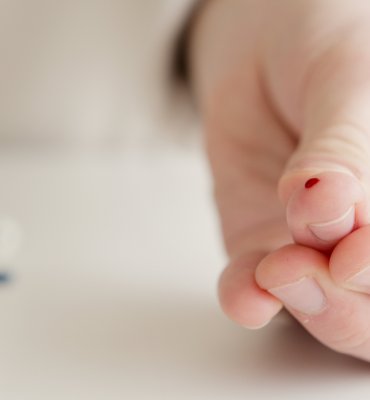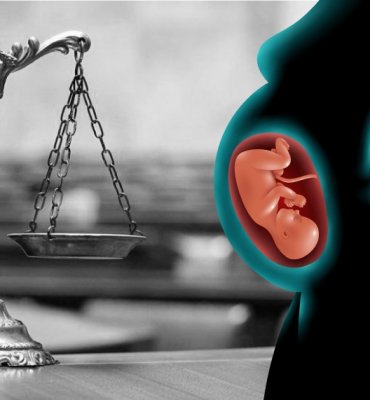
If the drug proves effective and safe, it could potentially revolutionize dental treatments, offering new solutions for various conditions such as tooth loss due to cavities or accidents.
The development of a drug that has the potential to regrow teeth is an exciting prospect for dental medicine. The research conducted by Katsu Takahashi and his team at the Medical Research Institute Kitano Hospital in Osaka, Japan, has shown promising results in animal trials. They discovered that by blocking a protein called USAG-1, they could stimulate the regrowth of teeth in mice lacking specific genes.
While the success in animal trials is encouraging, it's important to note that the efficacy and safety of the drug in humans still need to be established through clinical trials. The initial focus of the human trials will be on individuals with anodontia, a condition characterized by the absence of teeth. If the drug proves effective and safe, it could potentially revolutionize dental treatments, offering new solutions for various conditions such as tooth loss due to cavities or accidents.
The timeline proposed by Takahashi and his team indicates that safety studies could be concluded by 2025, followed by efficacy and optimal dose studies by 2028. Subsequently, larger clinical trials could begin by 2029. However, it's important to recognize that clinical trials often encounter unforeseen challenges and delays, so timelines can vary.
If the drug successfully completes all necessary clinical trials and receives regulatory approval, it could bring significant benefits to millions of patients worldwide who suffer from tooth loss or other dental conditions. It's an exciting development in the field of dentistry, but further research and testing are required before the drug can be considered a viable treatment option for humans.










